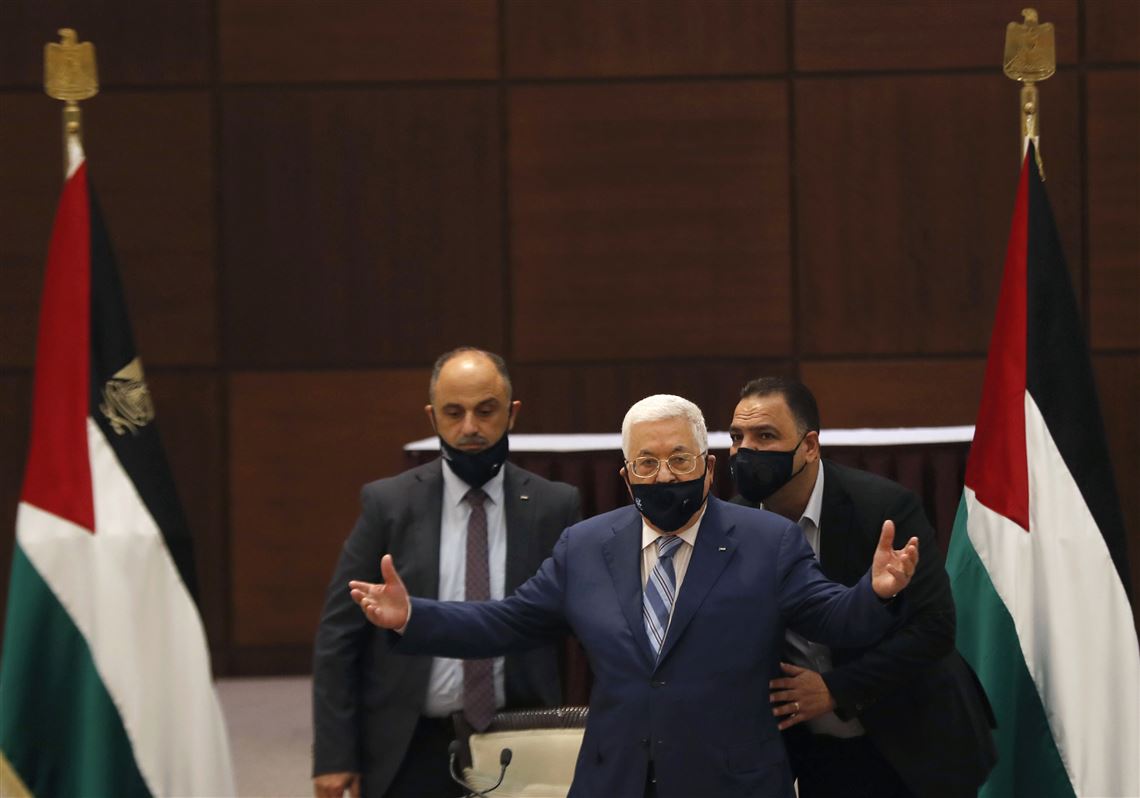
Anwar Sadat of Egypt was the first Arab leader to take the extremely bold step to recognize Israel by visiting Jerusalem in November, 1977. He tried to link resolution of the Palestinian issue to recognition. But except for vague promises by Israel no concrete plan was agreed. Fifty-three years later, the Palestinian issue is still festering. Israel is unilaterally gobbling up Palestinian land, and yes, still there is vague promise of a Palestinian state by Israel.
This delinking of the Palestinian issue from Arab recognition of Israel suits only Israel. At the end when most Arab countries have joined the bandwagon, Palestinians would be left to fend for themselves as they have been now for many decades.
Iran has been the ardent and unabashed supporter of the Palestinian yearning for an independent state of their own.
Iran has never attacked any country in the world. Iranians are ambitious, but their ambitions have been not to enslave or exploit other countries. So why this Arab hostility to Iran?
For answers one has to go back in history. In fact, a full 1,400 years at the time of the death of Prophet Mohammad in 632 of the Common Era. Since the Prophet had not nominated a clear successor, a controversy arose at his death about the successor. By consensus of those present Abu Bakr, a friend and son-in-law of the Prophet was selected as head of the fledging Muslim community in Medina. There were people who wanted the mantle to pass on to Ali, Prophet Muhammad’s cousin, confidant, and the husband of prophet’s only daughter.
It was that schism that created Shias or Shiite, literally the followers of Ali. The rest were called Sunnis, or those who follow the traditions of the prophet. While both sects believe in the basic fundamentals of Islam, they differ considerably in the interpretation of the scripture and related religious literature. Over centuries the Shias have developed theology that is at variance with the Sunni interpretation.
Thus in the Middle East, current geopolitical realities are deeply embedded in the early history of Islam.
It is interesting that there are 35 countries who have not recognized Israel. They include mostly Sunni countries such as Pakistan, Indonesia, Bangladesh, Malaysia, and Afghanistan. For these countries Shia-Sunni schism is not important. What is important is the plight of Palestinians under the Israeli Apartheid rule in the occupied Palestinian land.
Egypt has helped Israel maintain a blockade of Gaza that has turned the strip into a virtual prison for 1.9 million Palestinians.
The only countries that support Palestinians are the one I mentioned above. The United States, Europeans, and South American countries remain mostly silent on the issue.
It was stated that the UAE extracted a moratorium from Israel on the annexation of chunks of the West Bank into Israel. Soon thereafter the Israeli Prime Minister Benjamin Netanyahu went on record that it is, but a temporary hold as requested by the United States.
Israel has also said that annexation of parts of the West Bank as envisioned in the plan, concocted by Jared Kushner under the direction of Mr. Netanyahu, is not off the table.
Rather than bogging down with the millennia-old Shia-Sunni schism, the Arab countries should concentrate on the Palestinian issue and demand that Israel remove its knee from the necks of Palestinians as a price for recognition.
S. Amjad Hussain is an emeritus professor of surgery and humanities at the University of Toledo. His column runs every other week in The Blade. Contact him at aghaji@bex.net.
https://www.toledoblade.com/opinion/columnists/2020/08/19/commentary-arab-world-turning-its-back-on-palestinians/stories/20200819022
Buy flomax online










